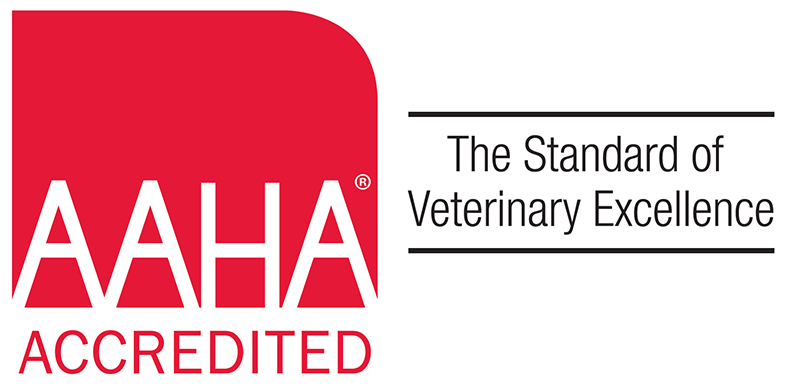Chocolate is one of the most common household treats for humans, but it can be dangerous for dogs. Many pet owners have asked, “Can dogs eat chocolate?”, and the answer is always no. Even small amounts can cause health issues, depending on the type of chocolate, the size of the dog, and how much was consumed. This blog will explain why chocolate is harmful to dogs, what makes it toxic, and what to do if your pet ever eats it. By the end, you’ll know exactly why dogs should avoid chocolate and how to act quickly if an accidental snack occurs.
Why Dogs Can’t Eat Chocolate
The main reason dogs cannot eat chocolate lies in two substances found within it: theobromine and caffeine. These stimulants belong to a group of compounds known as methylxanthines. While humans metabolize these chemicals fairly quickly, dogs process them much more slowly. This difference means that toxic levels build up in a dog’s system, leading to dangerous side effects.
Theobromine and Its Effects on Dogs
Theobromine is the biggest concern when it comes to chocolate toxicity. It can overstimulate a dog’s central nervous system and cardiovascular system. When too much builds up in their body, it can cause increased heart rate, hyperactivity, tremors, or even seizures. The level of theobromine varies depending on the type of chocolate, which is why some forms of chocolate are riskier than others.
The Role of Caffeine
Caffeine is present in smaller amounts than theobromine, but it can worsen the toxic effects. Caffeine contributes to restlessness, rapid breathing, and an increased heart rate in dogs. Together, theobromine and caffeine make chocolate a very unsafe food for dogs.
Which Types of Chocolate Are the Most Dangerous?
Not all chocolate is created equal, and some varieties are far more toxic than others. If you are asking “Can dogs eat chocolate in small amounts?”, the truth is that every type poses a risk, but the severity depends on the concentration.
Dark Chocolate and Baking Chocolate
Dark chocolate and unsweetened baking chocolate contain the highest levels of theobromine, making them the most dangerous. Even a small piece can be enough to make a dog very sick.
Milk Chocolate
Milk chocolate has a lower concentration of theobromine, but it still carries risks, especially if a dog eats a larger portion. Because it is sweeter, dogs may be more tempted to eat it if they find it in reach.
White Chocolate
White chocolate has very little theobromine, but it still contains fats and sugars that can upset a dog’s stomach. While less toxic than other varieties, it is still not safe for dogs.
How Much Chocolate Is Too Much for Dogs?
Every dog is different, and the toxic dose of chocolate depends on the type of chocolate, the dog’s weight, and the amount consumed. Small dogs are at greater risk because even a bite of dark or baking chocolate may exceed safe limits. Larger dogs may tolerate more, but that doesn’t mean it’s safe. The danger increases significantly if a dog eats chocolate-based desserts, which may also contain other harmful ingredients like raisins, macadamia nuts, or artificial sweeteners such as xylitol. These ingredients can make a bad situation even worse.
Symptoms of Chocolate Toxicity in Dogs
If you’re worried and asking “Can dogs eat chocolate without showing signs right away?” it’s important to know that symptoms may take several hours to appear.
Common Early Signs
- Vomiting
- Diarrhea
- Increased thirst
- Restlessness
- Excessive drooling
More Severe Symptoms
If larger amounts are consumed, symptoms can escalate to:
- Rapid heart rate
- Tremors or shaking
- Seizures
- Collapse
Any of these symptoms should be taken seriously. Dogs that show advanced signs need urgent medical attention.
What To Do if Your Dog Eats Chocolate
Even if you’re not sure how much your dog ate, it’s always best to take action right away. Don’t delay care, as it can make things worse.
Call Your Veterinarian Immediately
Your veterinarian can guide you through the next steps based on your dog’s size, the type of chocolate, and the amount eaten. Call Berthoud Animal Hospital for emergency vet care at (970) 532-2726 and our team can provide advice on what to do next.
Gather Important Information
If possible, write down or bring the following information:
- The type of chocolate (dark, milk, white, baking, etc.)
- How much your dog ate
- The approximate time of ingestion
- Your dog’s weight and any existing health conditions
This information helps your veterinarian decide the best course of action.
How to Prevent Chocolate Accidents
Since chocolate is so common in households, prevention is key. Asking “Can dogs eat chocolate if I keep it out of reach?” highlights the importance of management at home.
Safe Storage Tips
- Keep chocolate in sealed containers or cabinets that dogs cannot access.
- Avoid leaving desserts, candy, or baking supplies on counters or tables.
- Teach children in the home not to share treats with pets.
Be Careful During Holidays
Many chocolate-related emergencies happen around holidays like Halloween, Christmas, Easter, and Valentine’s Day. Extra caution during these times can help prevent accidents.
Why Dogs Are Drawn to Chocolate
You may wonder why dogs go after chocolate in the first place. Unlike cats, which lack a sweet tooth, dogs are more likely to enjoy the smell and taste of sugary treats. This natural attraction makes chocolate even riskier, because dogs will often seek it out if given the opportunity.
The Role of Veterinary Care in Chocolate Ingestion
Veterinary care is essential when chocolate ingestion occurs. Chocolate poisoning requires professional care to monitor and support a dog’s health. At Berthoud Animal Hospital, we understand that accidents happen, and our veterinary team is trained to respond quickly in these situations. We can evaluate your dog, determine the level of risk, and provide the right support to help them recover.
Protecting Your Dog from Chocolate Hazards
Chocolate is a treat that should always stay off your dog’s menu. Asking “Can dogs eat chocolate?” has only one answer: they cannot. While it may seem harmless to share a small bite, chocolate contains toxic compounds that can have serious effects on a dog’s health.
By storing chocolate safely, watching your pet closely, and reaching out to your veterinarian if an accident occurs, you can help your dog avoid the risks of chocolate ingestion. If your dog has eaten chocolate or you have concerns, call Berthoud Animal Hospital at (970) 532-2726 today. Our team is equipped to provide guidance and care when you need it most.






